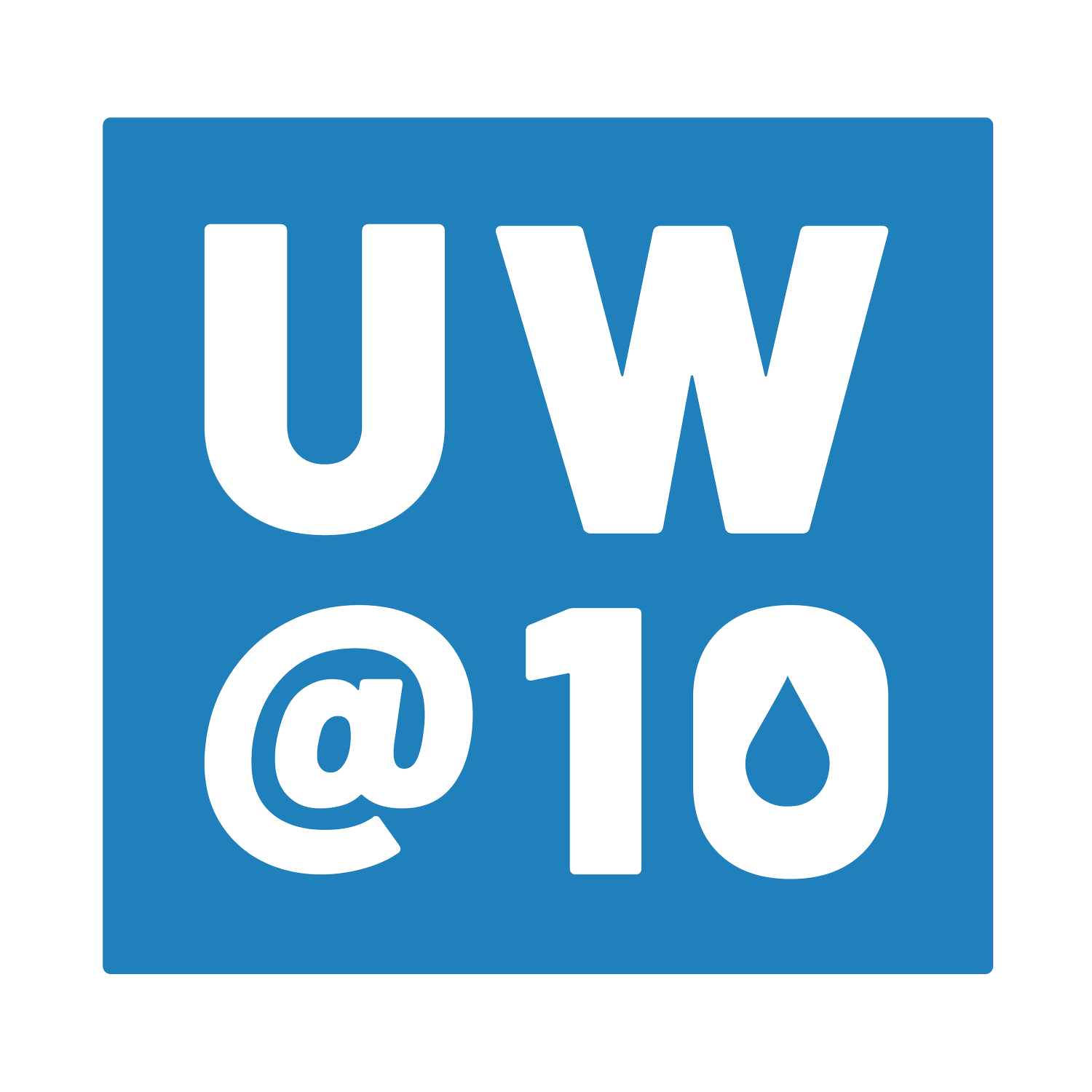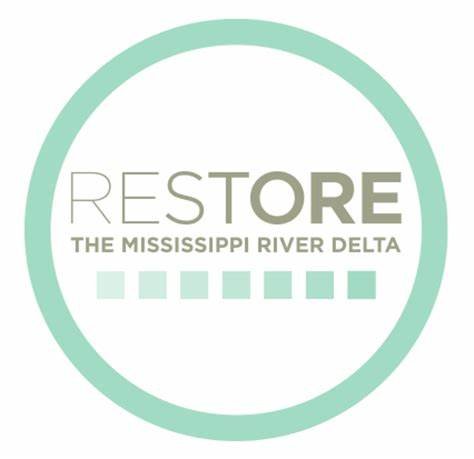
Policy & Funding
Adopt stormwater standards and fees at local levels, while pursuing funding for regional projects, plans, and approaches
Updates to policy and funding approaches are crucial to long-term success of regional water management. Urban Water Plan implementation, lacking regional governance or recurring funding sources, remains siloed across parish lines with inconsistent attention and resources. Varying levels of political will, constituent pressure, staffing, and funding have impacted project delivery as well as policy development and adoption. Federal funding for green infrastructure is generally available on a competitive, one-off basis, which has sparked one-off efforts in Greater New Orleans, as seen in the Gentilly Resilience District. However, this is insufficient to sustain private sector growth or motivate major public sector governance changes. Policy changes, informed by local experience and demonstration projects, can be made in concert across the region to signal positive market conditions for businesses and strengthen regional applications to funding sources. Campaigns with specific state policy asks (i.e., adoption of the Coastal Master Plan) can be grown through national philanthropic funding sources to reach everyday Louisianans, and thus their elected officials.
Background

“It boils down to the political will…I think we just need to do it; if we wait for politicians, we’ll be dead.”
– Jessica Dandridge
“The best way – and this might be an opportunity for regional collaboration around policy development – to ensure that [Urban Water Plan implementation] is not hinging on an individual elected official and their views is to codify.”
- Annalisa Kelly, JEDCO
“Let’s get out of the habit that we missed the opportunity to do this, the opportunity is now...we have to make sure that those conversations at the state and federal level are happening not just in a way that improves New Orleans…but has a focus on equity at a block-by-block scale, up to a regional scale.”
– Beaux Jones
Insights & Opportunities
Policy reform is needed to minimize project delays that occur during negotiation periods, contract execution, and project implementation (amendments are often made to the project’s scope, opening a new negotiation period, which can become lengthy due to reviews required by multiple departments); respective procurement offices, permit departments, and law departments may benefit from support to understand green infrastructure specificities, urgency, and need for new contracting methods like CMAR.
Intra-parish conversations and collaboration on policy and funding have started and should continue on a regular basis. In response to saltwater intrusion threats, utilities across parishes are collaborating to consider shared investment in regional infrastructure.
Industries along the Mississippi River – particularly those that require freshwater – can be leveraged to support urban water management by developing a comprehensive assessment of economic risk and economic opportunities of urban water management that reaches national and global industries.
Federal legislation, like Surface Transportation Reauthorization Acts that annually fund Metropolitan Transportation Organizations nationwide, force regional approaches, but there is no equivalent federal program for green infrastructure.
A Statewide Water Code is currently under development after a 2014 state resolution urged and requested the Louisiana State Law Institute “to create a Water Code Committee in order to develop proposed legislation establishing a comprehensive Water Code that integrates all of Louisiana’s water resources.”
Determine common “levers” in a decision matrix that consistently prioritizes and grades efficacy of stormwater management projects. With this shared understanding, jointly engage and educate local, state, and federal officials by leveraging philanthropic and private capital to build coalitions and campaigns.
Leverage Bipartisan Infrastructure Law and Inflation Reduction Act funding for near-term opportunities for equitable Urban Water Plan project implementation and sector development. Build long-term local capacity growing regional funding sources and highlighting the co-benefits from green infrastructure projects (e.g., urban heat reduction) to unlock supplemental and matching funding sources.
Support and engage the new Chief Resilience Officer position within the Governor’s Office as they pursue statewide efforts in resilience planning, seek relevant funding, organize a Louisiana Resilience Task Force, and pursue funding from the state via the new Hazard Mitigation Revolving Loan Fund, existing drinking and clean water revolving loan funds, and other sources.
Ensure that Greater New Orleans jurisdictions and utilities are at the table for ongoing federal studies, like the USACE Lower Mississippi River Comprehensive Management Study, and pursue federal funding through the biannual Water Resources Development Act (WRDA) and annual congressionally directed spending requests.
Pursue policies and programs to ease implementation of adaptations at the residential level that mitigate insurance premiums and build constituent support.
Example Projects




